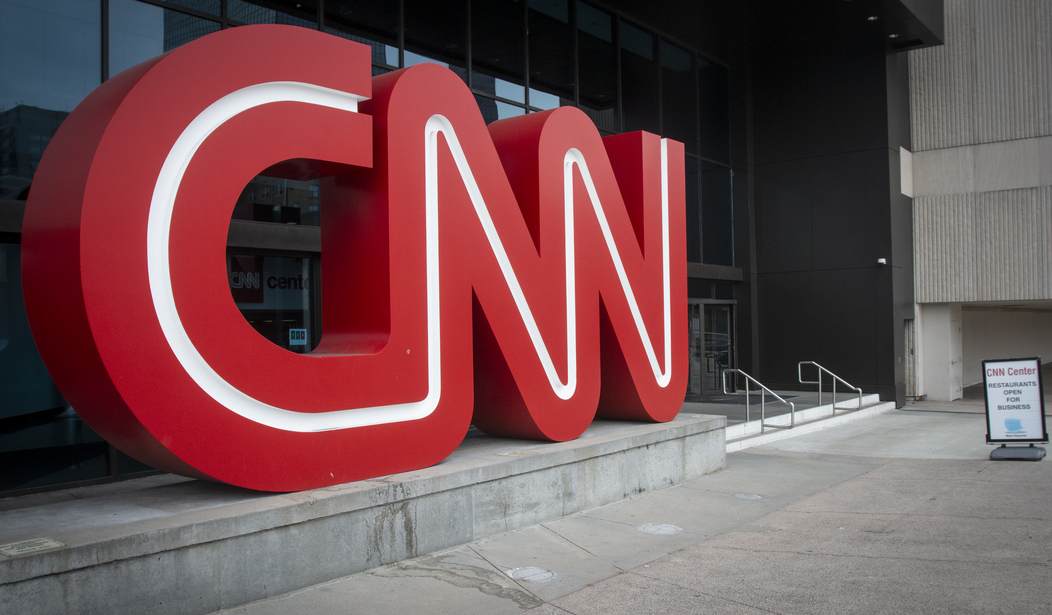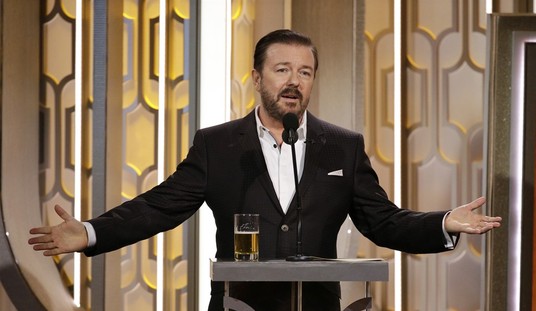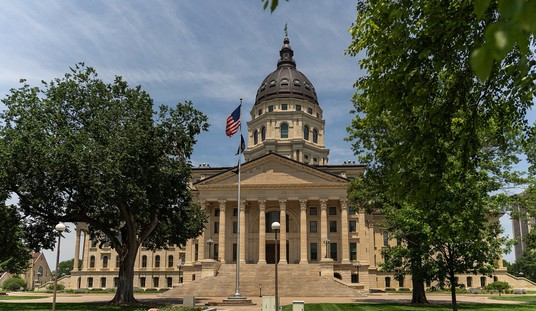This week kicked off the potentially huge defamation court case involving CNN and military veteran and former specialized extraction contractor Zachary Young in a Florida Court. As we reported back in June, the suit being tried in Panama City involves reporting made on the Jake Tapper broadcast where reporter Alex Marquardt insinuated that Young was operating a black market service to help Afghans flee their country as the disastrous U.S. extraction took place in 2021.
A brief summary of the case: Young’s claim is that the CNN report described his legitimate business of aiding people to leave dangerous locations and hot zones as “black market," i.e., illegal work. Young was entirely ruined after the report suggested he was operating illegally and extorting citizens with high payment demands, and as a result, he has been unable to work in that field. Through discovery, internal communications at CNN indicated there were problems with the reporting and possible evidence of acting with malice. CNN’s digital division would not run Marquardt’s report out of concern the facts were not in alignment, and on top of communication between the reporter and producers showed they were targeting Young specifically to bring him down.
Pretrial hearings have shown the network providing various explanations to have the case tossed out; it argued that calling his work a “black market” does not imply illegality, and then later, the argument shifted when the courts disagreed, going so far as to assert that his work was technically illegal under Sharia Law. That desperate argument was eventually dropped, in part because CNN itself had reported that Sharia did not come into practice inside Afghanistan until a year after its report on Young.
Monday saw the trial begin, and the jury selection was showing to be an interesting process — and possibly a challenge for the network. Many prospective jurors expressed varying levels of distrust in the press. During the vetting process, there was a curious follow-up question for the pool after they had been asked how many had heard that CNN delivers fake news. CNN’s counsel asked the pool if they believed that the network’s political coverage was biased, only to follow up and inform the group the case was not one rooted in politics.
Thursday delivered some high drama, and for a spell, there was concern the trial may have ended right away. In pre-trial testimony, Zach Young had said after the CNN report he had been unable to work in his field and had not received payments regarding his work. CNN’s legal team introduced a document that showed Young had signed a contract with a firm, Helios Global, dated at a point after that report by Marquardt.
This sparked a contentious round of back-and-forth between the representatives, leading to a sidebar with Judge William Henry, and eventually, the jury was excused as the players hashed the details out. Young’s lawyers argued this contract had not been previously introduced and should be thrown out, as they had not asked for nor proffered this document even as the subject of Helios Global had come up during the discovery phase. CNN‘s team argued that the contract proved that Young had violated discovery requirements and stood as him defrauding the court. The judge became impatient with the behavior from both sides, and he called a recess to ponder what to do.
Upon his return, Judge Henry had a few pronouncements: The trial would, in fact, continue, and he said he would allow the document to remain, but chided CNN’s lawyers that no other surprise evidence would be tolerated. He also warned both sides that any further personal attacks between them would see him issuing fines. This development appeared to be playing into the hands of CNN, by casting character questions onto the plaintiff, but then Young took the stand to be cross-examined about this disputed service contract.
While CNN’s lawyer leaned on the dates and signature to establish it as a valid contract, things became clarified once Young’s lawyer asked for specifics during the redirect. Young explained that in his line of work, security clearances from the U.S. Government are required, and these are provided through government contractors; in this case, that was through Helios. The clearances, he explained, are to be updated on an annual basis. Said Young on the stand: “It’s not an agreement to do work… it’s just an administrative function."
The plaintiff then explained that he has turned over seven years' worth of his personal financial documents and at no point is there ever a payment seen from Helios Global.
Today’s process involved an expert financial witness to establish the loss of commerce for Young and his business, a general who has worked with contractors in Young’s line of work, and a psychologist to discuss the parameters of the emotional toll this process may have taken on Zachary Young. To this point, the melodramatics have been kept relatively low, with maybe the exception being CNN’s lawyer grilling the general about the prospect of leaving behind a hypothetical teenage girl to become victimized by the Taliban.














Join the conversation as a VIP Member